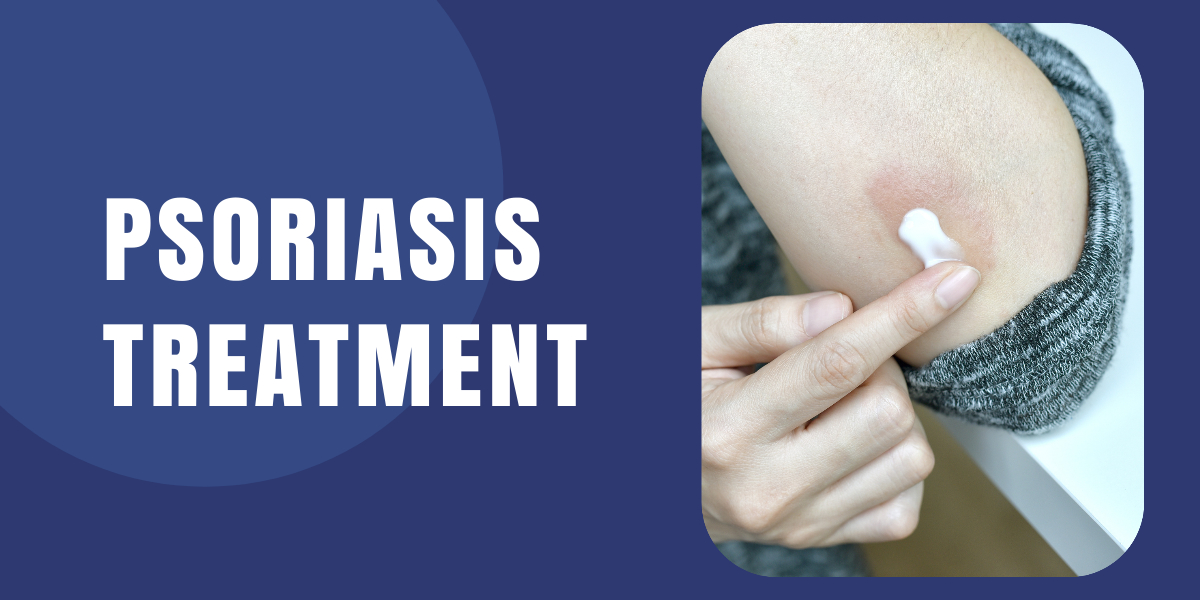Understanding Psoriasis - Symptoms Triggers and Treatment Options
Psoriasis is a chronic autoimmune condition that causes the rapid buildup of skin cells, leading to scaling, inflammation, and redness.
It can develop at any age and often fluctuates between periods of flare-ups and remission.
Understanding the symptoms, triggers, and available treatment options can help manage this condition more effectively.
Here’s a comprehensive guide to help you recognize psoriasis and explore ways to treat it.
Common Symptoms of Psoriasis

-
Red Patches with Silvery Scales
One of the hallmark signs of psoriasis is the appearance of raised, inflamed red patches covered with silvery-white scales.
-
Dry, Cracked Skin
Areas affected by psoriasis can become dry and may crack, sometimes leading to bleeding.
-
Itching and Burning Sensations
Many individuals experience intense itching, burning, or soreness around the affected skin.
-
Thickened or Ridged Nails
Psoriasis can also affect fingernails and toenails, causing pitting, abnormal nail growth, or discoloration.
-
Stiff and Swollen Joints
In some cases, psoriasis is associated with psoriatic arthritis, which causes painful, swollen joints.
Common Triggers for Psoriasis Flare-Ups
-
Stress
Emotional stress can trigger or worsen psoriasis outbreaks by affecting the immune system.
-
Infections
Conditions like strep throat or skin infections may provoke a psoriasis flare-up, especially in children and young adults.
-
Injury to the Skin
Scrapes, cuts, sunburns, or even vaccinations can sometimes cause a new psoriasis patch to form at the site of injury (known as the Koebner phenomenon).
-
Cold, Dry Weather
Winter weather can dry out the skin and lead to more frequent psoriasis flare-ups.
-
Certain Medications
Some medications, like beta-blockers or lithium, are known to worsen psoriasis symptoms in some people.
Treatment Options for Psoriasis
-
Topical Treatments
Corticosteroids, vitamin D analogs, and moisturizers are commonly used to reduce inflammation and slow skin cell growth.
-
Phototherapy
Exposure to natural or artificial ultraviolet light under medical supervision can help control psoriasis symptoms.
-
Systemic Medications
For moderate to severe cases, doctors may prescribe oral or injectable medications that affect the entire body’s immune response.
-
Biologic Therapies
Biologics are a newer class of drugs that target specific parts of the immune system to prevent psoriasis flare-ups.
-
Lifestyle Changes
Maintaining a healthy weight, reducing stress, avoiding alcohol, and keeping the skin moisturized can all help manage psoriasis more effectively.
